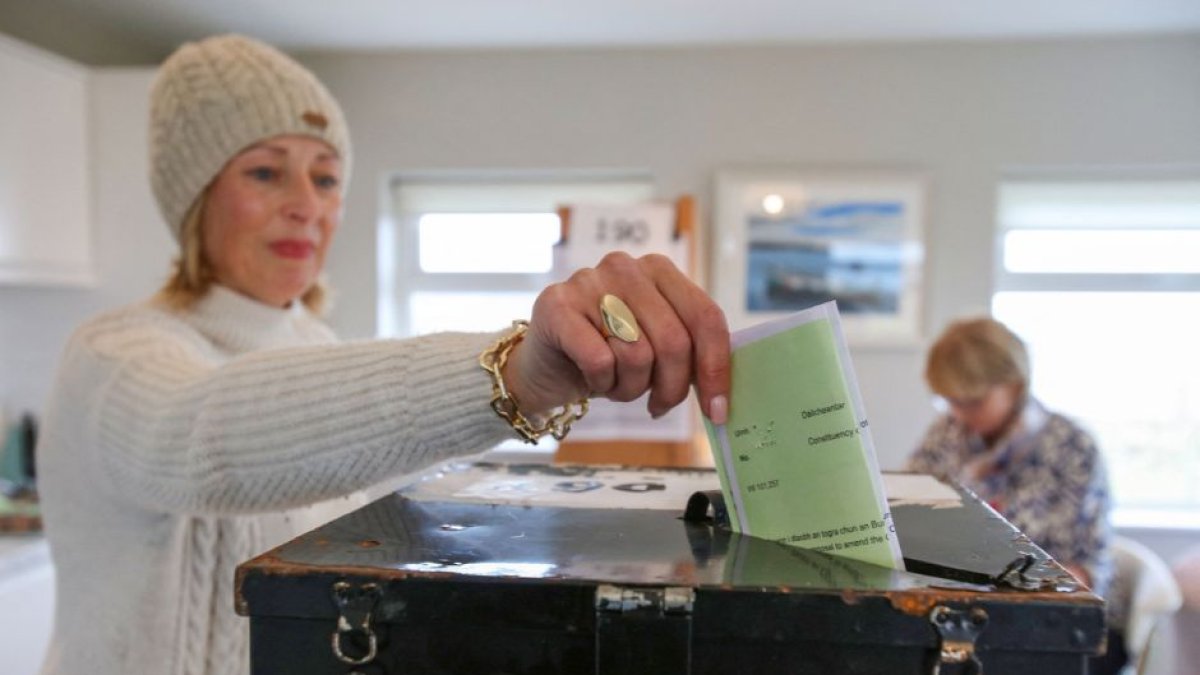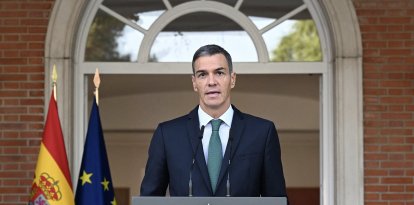The Irish flatly reject the constitutional reform that sought to redefine the concepts of a traditional family and marriage
Irish Prime Minister Leo Varadkar acknowledged the defeats of the amendments to the “No” option.

(AFP)
On March 8, on International Women's Day, the Irish went to the polls en masse to reject in a referendum two proposals that sought to redefine the concepts of a traditional family and marriage, which are established in the Irish Constitution, proclaimed in 1937 under the great influence of the Catholic Church.
On Saturday, Irish Prime Minister Leo Varadkar, whose governing coalition pushed for and supported the "Yes" options in both proposals, acknowledged the amendments' defeats to the "No" option.
The victory of the "No" was overwhelming: 67.7% of the electorate, representing 3.3 million people in total, rejected the constitutional amendment that proposed rewriting the idea of family.
Meanwhile, the parallel amendment, which sought to redefine the role of women in society and the home, a definition classified as "obsolete" by the Irish government, lost hard against the "No" vote, which had 73.9% of the vote.
Participation in the elections reached 44%, according to various reports.
Critics of the reforms pointed out that, rather than "modernizing" the constitution, as the ruling party proposed, the amendments sought to eliminate the words "mother" and "woman" from the Magna Carta. This was widely rejected by voters and caused significant abstention within Irish society, even among those who supported constitutional reform.
Likewise, critics also argued that the redefinition of the traditional family concept in the First Amendment was notable because it proposed a definition far beyond the basis of marriage, including "long-term relationships."
In short, the government coalition led by Varadkar suffered a setback at the polls, which the prime minister himself recognized.
"As head of government and on behalf of the government, we accept responsibility for the result," Varadkar said. "It was our responsibility to convince the majority of people to vote 'Yes,' and we clearly failed to do so."

























